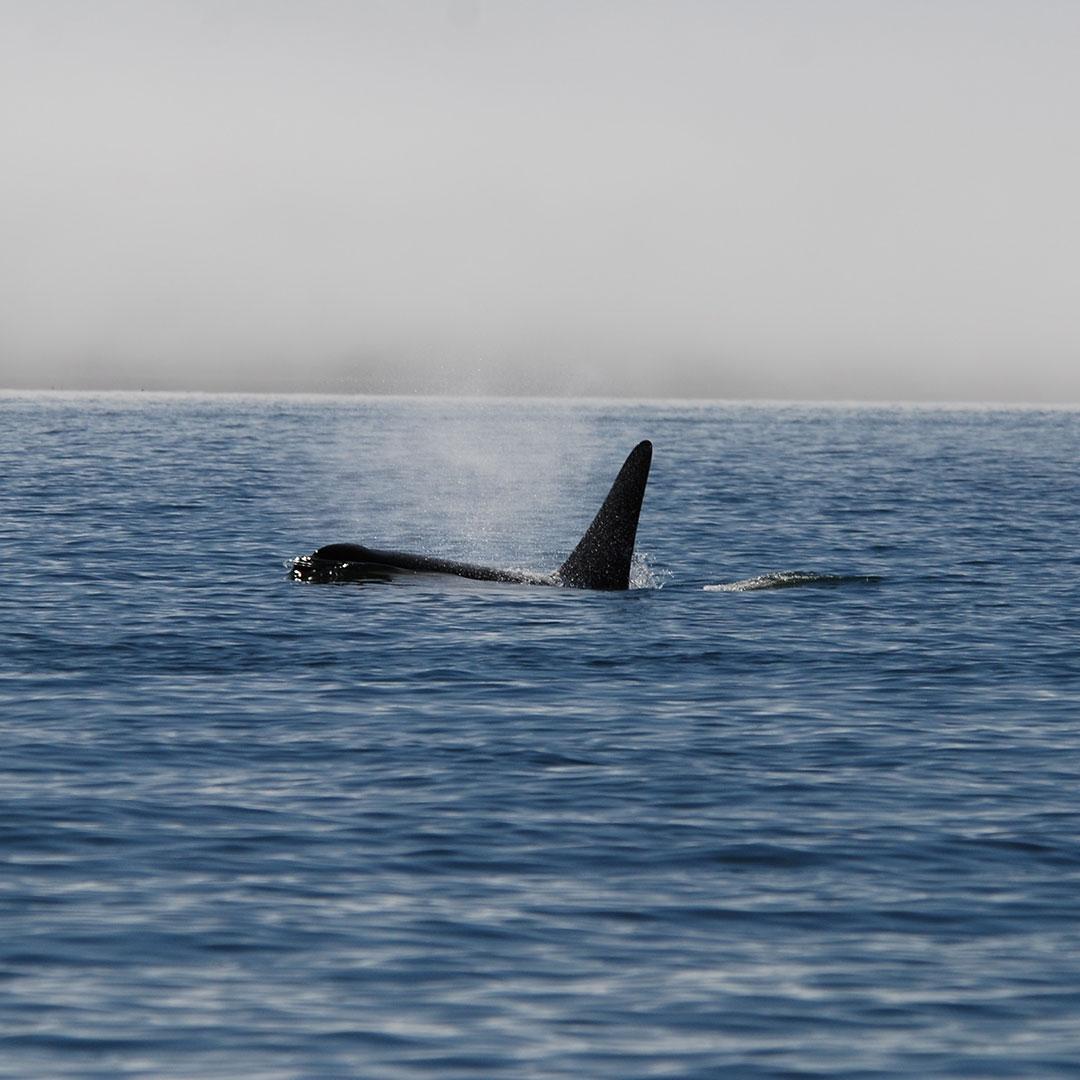Brought to you by:
Salish Sea Institute, WWU Alumni Office
Description
Check out this video to watch the ‘Orca-tober’: Helping Killer Whales of the Salish Sea.
October 14th, 2023 is Orca Recovery Day, and many think of the whole month as ‘Orca-tober’ – a time to take action and build awareness about the challenges facing the Southern Resident Killer Whales (SRKW), who are critically endangered. The number of successful births and surviving calves has been low in recent years. Although July brought good news with the birth of 2 new calves, they are facing an uphill battle for survival due to lack of food (salmon), noise pollution and contaminates.
But there are also other killer whales in the Salish Sea – the Transient or Biggs killer whales, whose population has been steadily growing for the last 30+ years. While they are also affected by some of the same threats as SRKW, their prey (marine mammals) is plentiful. Both populations are at risk of negative impacts from increasing human growth and economic needs from both sides of the international border (e.g. the Roberts Bank Terminal 2 expansion, increased shipping and noise, reduction of prey - decreasing salmon populations and possible culling of seals/sea lions). Join us to learn more about why these two populations are on very different paths, the issues they both face, and why a transboundary approach is necessary to help protect them in this internationally connected ecosystem.
Photo Credit
Orca whale image by Joe Gaydos, SeaDoc Society
Featuring:
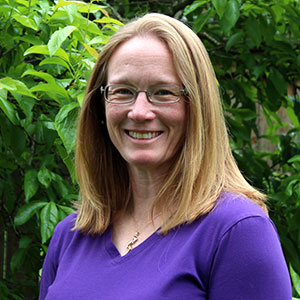
Dr. Cindy Elliser, Host
Dr. Cindy Elliser is the Associate Director of the Salish Sea Institute at Western Washington University where she assists in sharing science, policy, and ecosystem learning across the Salish Sea and is the Academic Program Director for the Salish Sea Studies Minor. Dr. Elliser is a marine mammalogist with over 20 years experience conducting long-term monitoring studies of the behavioral ecology of a variety of marine mammal species. She is also the Research Director/Founder of Pacific Mammal Research, a nonprofit research organization founded in 2014 that studies harbor porpoises and harbor seals in the Salish Sea.
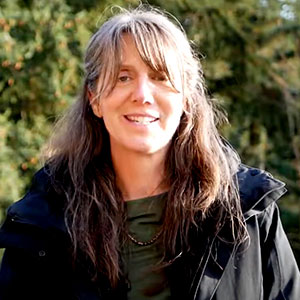
Misty MacDuffee, Speaker
Misty MacDuffee is a biologist with the Raincoast Conservation Foundation. Her work focuses on the ecological sustainability of salmon fisheries, including their implications for salmon-dependent wildlife. She has undertaken various types of field, laboratory, technical and conservation assessments in salmon watersheds of the BC coast. Misty sits as a representative to several federal committees that address salmon fisheries, as well as recovery objectives for Southern Resident killer whales. She is a co-author on more than 20 peer-reviewed publications on salmon ecosystems, as well as technical reports, and popular book chapters. The application of her work is to advance ecosystem considerations in fisheries management.
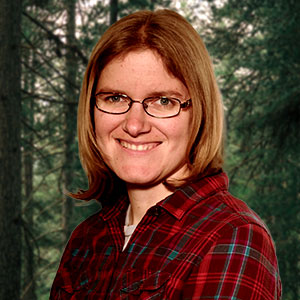
Monika Weiland Shields, Speaker
Monika Wieland Shields is the co-founder and director of the non-profit Orca Behavior Institute, which conducts non-invasive behavioral and acoustic research on the orcas of the Salish Sea. She has been studying, photographing, and advocating for the whales since 2000, and is the author of the book Endangered Orcas: The Story of the Southern Residents.
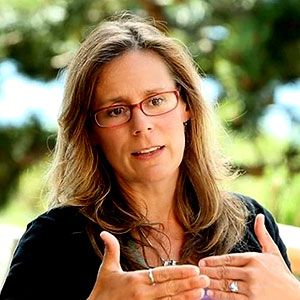
Dr. Deborah Giles, Speaker
Dr. Deborah Giles is one of the world’s leading experts on the Southern Resident killer whales. Giles serves as the Research Director for Wild Orca, monitoring the Southern Resident killer whales’ health through non-invasive sampling with Eba, her highly-trained scent detection dog. Giles collaborates with government scientists and other researchers to enhance understanding of the many impacts on these endangered whales from overfishing, pollution and noise. She represents their interests with policymakers, and is frequently interviewed by print and broadcast media as one of the principal voices calling for the recovery of these endangered orcas.
Accommodations and Other Details
Contact the WWU Alumni Office if you have questions. Feel free to email Alumni@wwu.edu or call (360) 650-3353.
Advance notice for disability accommodations and special needs is greatly appreciated. Please indicate your special needs on the registration form.
There will be auto-captions available for the Zoom webinar.
